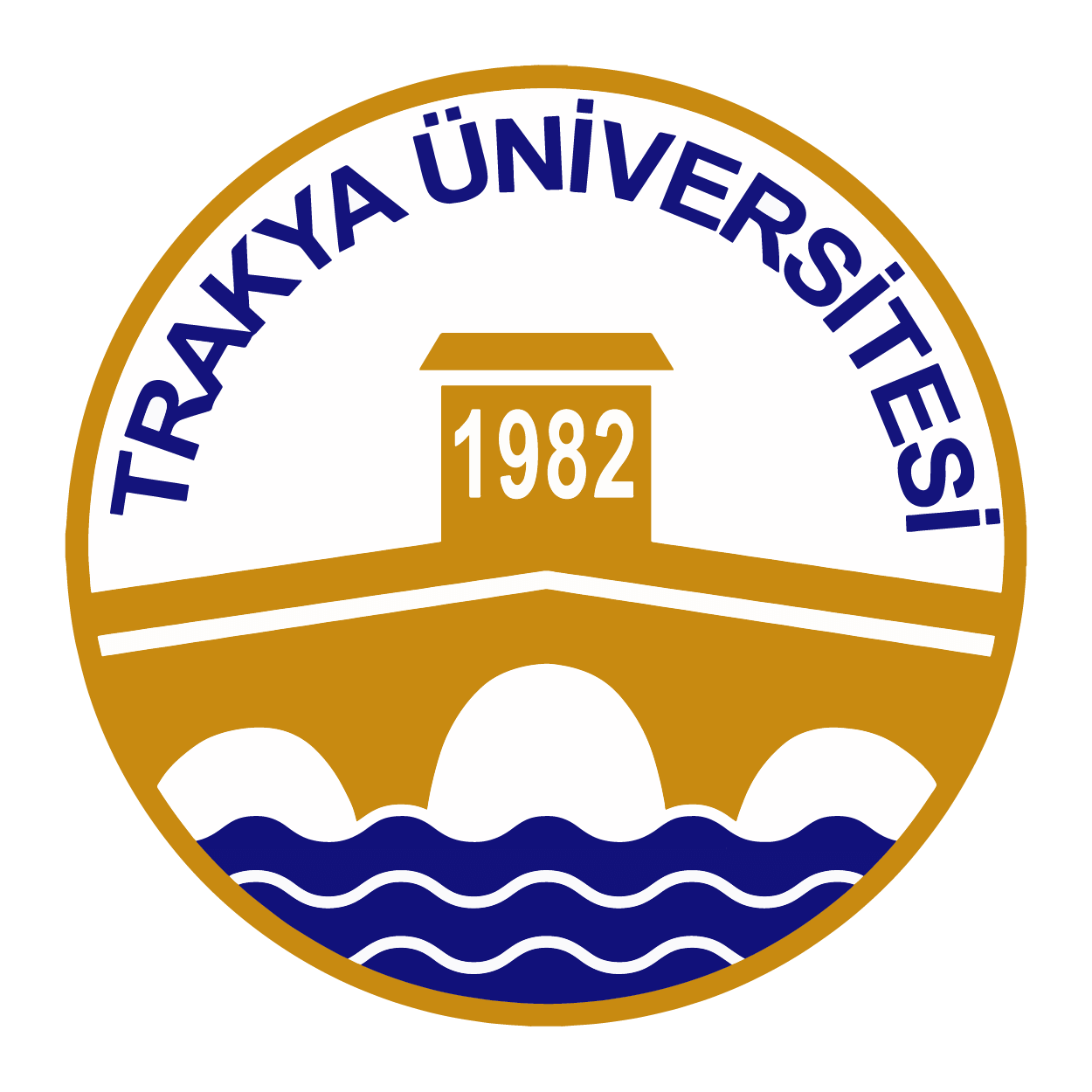Abstract
Diabetes mellitus is a prevalent metabolic disorder characterized by persistently high blood glucose levels due to insufficient insulin production or response. Although significant progress has been made in symptom management, a definitive cure remains unavailable. This study presents a novel approach to generate insulin-producing β cells from non-β cell sources using the CRISPR/dCas9 gene activation system. We focused on enhancing β-cell differentiation by activating PDX1 and NGN3, two key transcription factors in pancreatic development. To optimize this process, we compared three activator domains (VP64, VPR, and p300) and found VPR to be the most effective. Specifically, the VPR activator led to a 19-fold increase in PDX1 expression and a 256-fold increase in NGN3 expression when combined with four gRNAs. This superiority is likely due to its stronger transcriptional activation capability, which enhances gene expression more efficiently than VP64 and p300. Gene and protein expression were confirmed through RT-qPCR and immunostaining, respectively. Our findings demonstrate that CRISPR/dCas9-mediated gene activation can effectively induce β-cell differentiation, offering a promising approach for type 1 diabetes therapy, where β-cell loss is a major challenge. Future studies should explore the long-term functionality and stability of these β-like cells in preclinical models to further assess their therapeutic potential. By optimizing transcription factor activation, our study provides new insights into β-cell regeneration, advancing the field of gene-based diabetes treatments.



